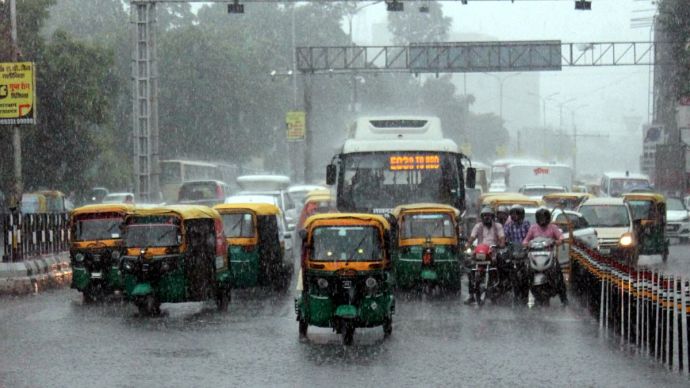The United States recent update to its travel advisory for citizens traveling to India cautions travelers to exercise heightened caution based on increased “crime, terrorism, and sexual violence impacts, including rape, which is one of the fastest-growing crimes in the country.”
The Level 2 Advisory Has Put Forward:
Description of specific security concerns
Region specific travel limitations
Legal caveat for US citizens traveling to or present in India.
Rape, terrorism, violent crime
The advisory mentions “violent crime” and the risks of “terrorist attacks” because they can happen “with little or no warning”, even in popular tourist areas such as transportation hubs, markets, and government buildings.
It continues with rape and sexual assault, saying that it is a serious problem and recommends that women travel with a companion, rather than travel alone.
The advisory provides a list of areas designated as ‘high-risk’ areas, which warn US citizens against travelling there:
Jammu and Kashmir (except for Ladakh and Leh)
The India-Pakistan border
Central and Eastern India, parts of which have Maoist activity
The state of Manipur
Some northeastern states which have a high level of terrorism and unrest
Further, US government employees require special authorisation to travel outside of capital city limits, and parts of several Indian states such as West Bengal, Chhattisgarh, and Odisha are in this category.
Safety Advisory, Visa Information, And Limited Emergency Assistance
The US advisory also reminds travellers to closely follow Indian laws. The advisory prohibits unlawful items including satellite phones. The advisory informs that overstaying a visa can result in detention, fines, or deportation. The advisory also outlines that the US government’s emergency assistance is limited, particularly in rural and high-risk areas.
The Traveler’s Advisory Suggested The Following:
Register with Smart Traveler Enrolment Program (STEP) to receive updates
Have a valid visa (or e-Tourist visa)
Avoid uncooked foods and unfiltered water.
Use caution on India’s roads and public transportation.
It also encourages awareness of local laws and customs, religious sensitivities and dress policies, particularly in instances of conservative local attitudes. Similarly, LGBTQ+ travelers are advised to use discretion, given that some local areas (e.g. states) are known for conservative social attitudes.












